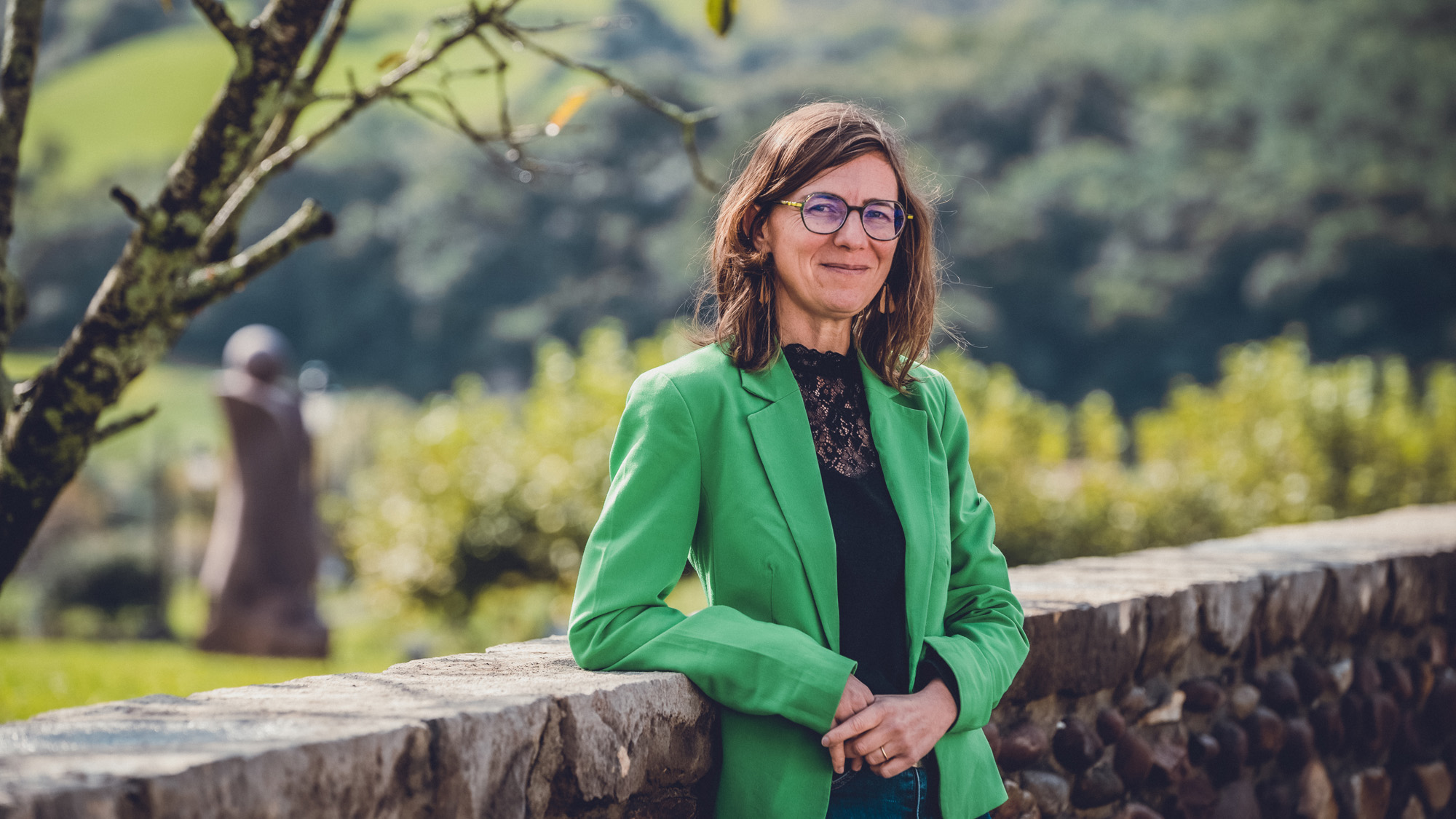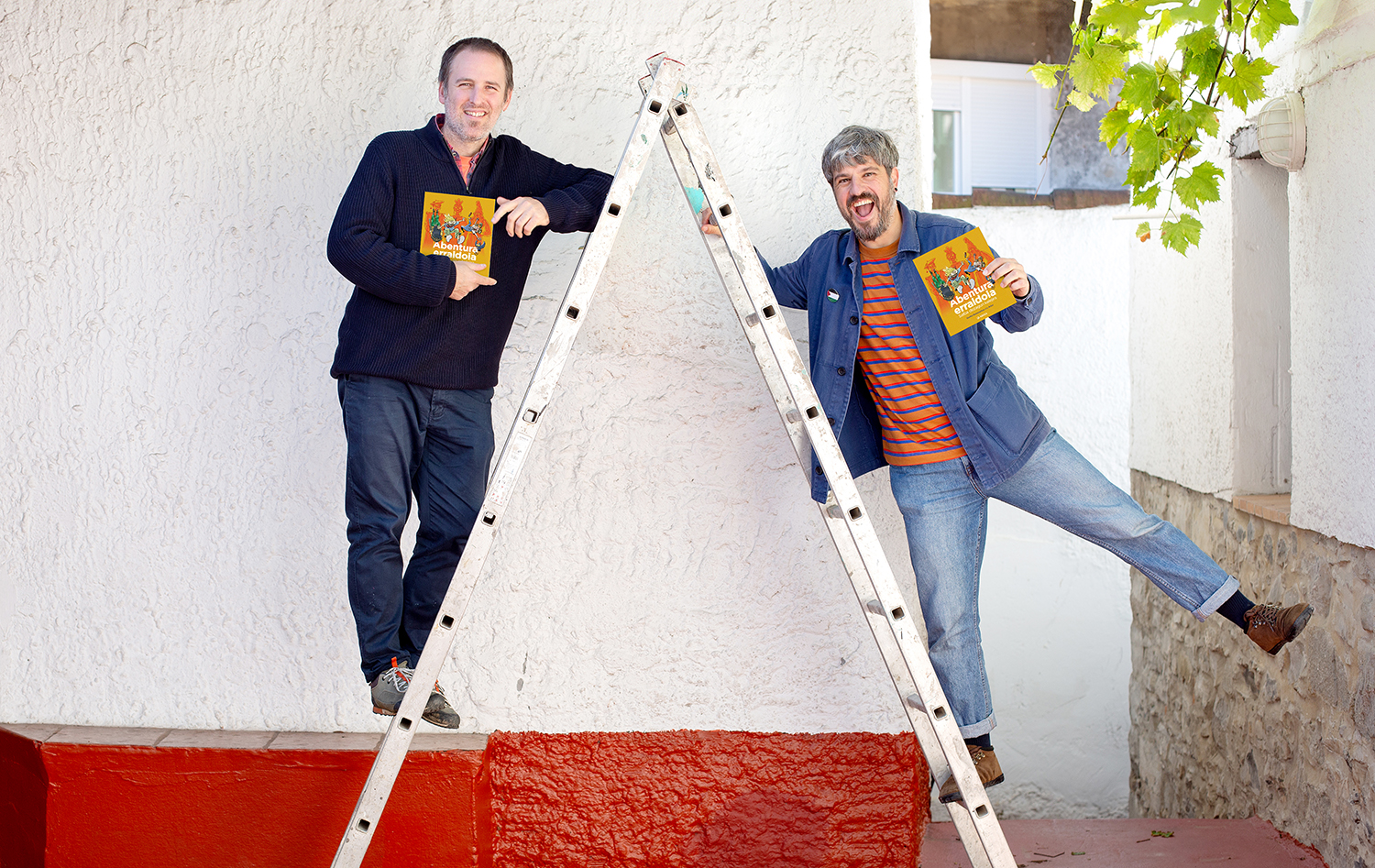“We unite the figure of the critic with the intellectual with absolute truths, that myth must be dismantled”
- Irati Majuelo (Pamplona, 1993) recently devoted to the criticism of Basque literature on its pages in Berria. But before I had studied the Basque literature in an academic way. The doctoral thesis is being completed with the relationship between the Basque literature and the city. The concern was expressed when she studied in Barcelona, when she was interested in studies about the city, but when she saw that she did not correspond with those who knew the Basque literature. “I started from that clash.”
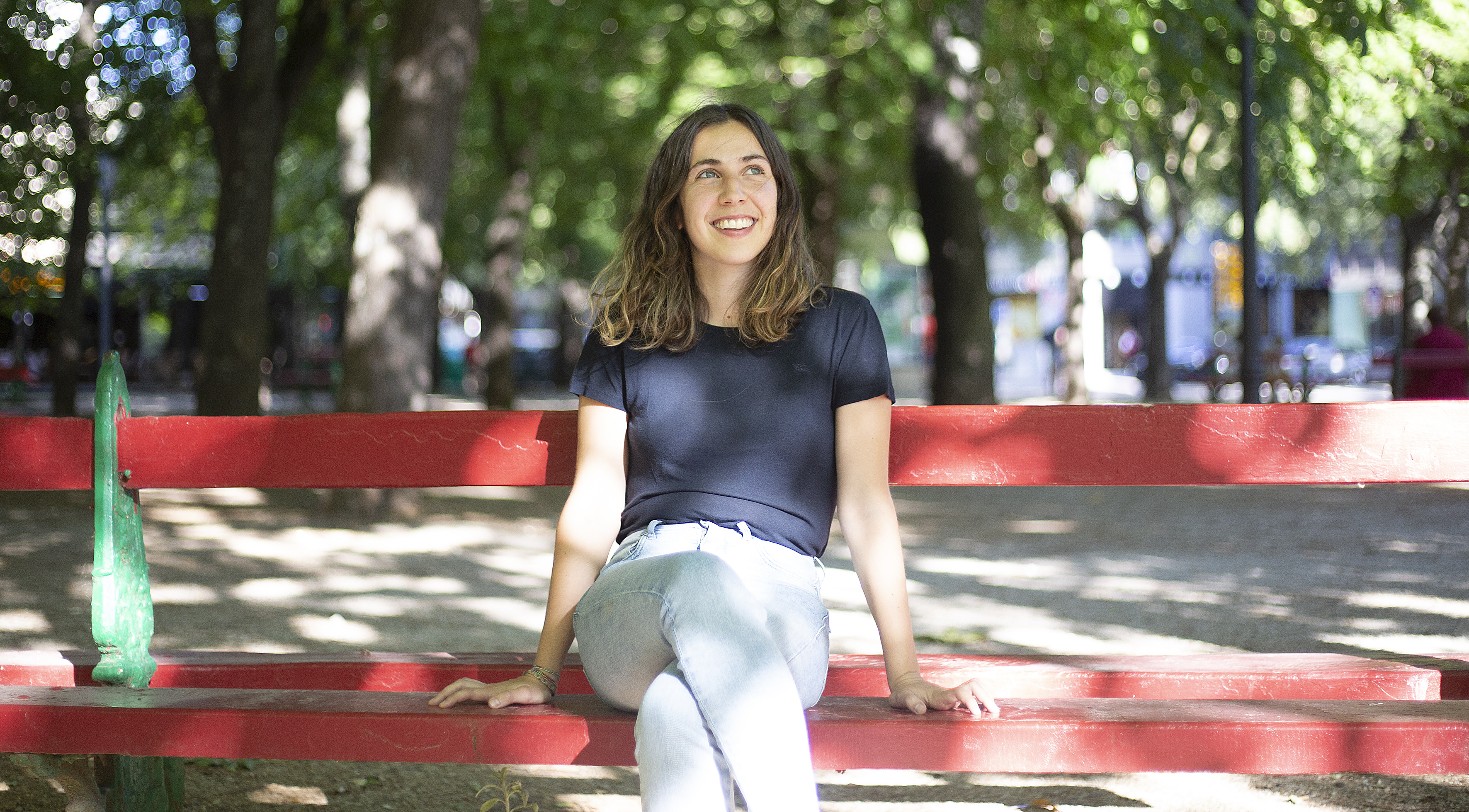
What exactly is the research?
The relationship of the Basque novel with the city, but focused on some alternative paths that have appeared in our literature to represent the city, which do not follow the classical literature model of the city. There are some keys, some conflicts that define our literature.
For example?
The classical imaginary focuses on the capital of a state, in the metropolis, cosmopolitan and industrialized, with all its conflicts. But above all, the look is counted from a male and a high social class, and often conflicting with the rural environment. This imaginary dates back to the late nineteenth century, and in our country urban literature has developed since the 1960s, leading to certain differences. But also, in those alternative paths that I've looked at, there are feminist looks, that take into account national oppression, that have another connection with the rural environment ...
Which of the books you analyzed?
I find a couple of books very significant at first: Because it starts every day [Ramón Saizarbitoria] and Zergatik panpox [Arantxa Urretabizkaia]. Women are one of the first protagonists in urban literature, which leads to the appearance of other aspects of the city and the existence of strong links between the public and the private.
Although the thesis is pending, can you already draw conclusions?
Ours has often been treated as a delayed, not fully developed literature, without citizen literature. But I think there are other books that show the alternative path. Taking this into account, it is possible to reread our image from our literature. And in that sense, I think it's interesting to look at these books, to look at those alternative paths, because they show another way of being in the global literary system, another way of being modern and urban that serves other small literatures.
The press showed the opportunity to act as a critic during the thesis. How do you learn to be critical? Is one made, or does another give it legitimacy?
I think we all have a little critic inside..jpg) When you read a book, it influences you and you think something. And the criticism, fundamentally, is that. When I started, I wasn't legitimized. But we also associate the figure of the critic with an intellectual with absolute truths, judging whether a book is good or bad. That myth must be dismantled. As I criticize myself, I see that I am not. The critic would need the reader who reads the books with a rigorous look, who may have a theoretical basis, and who is willing to question them, but who ultimately has a subjective opinion.
When you read a book, it influences you and you think something. And the criticism, fundamentally, is that. When I started, I wasn't legitimized. But we also associate the figure of the critic with an intellectual with absolute truths, judging whether a book is good or bad. That myth must be dismantled. As I criticize myself, I see that I am not. The critic would need the reader who reads the books with a rigorous look, who may have a theoretical basis, and who is willing to question them, but who ultimately has a subjective opinion.
Does it affect your authority as a critic to be young and female?
Nor do I know if I have authority. I don't get feedback, so I don't know if I have authority. But the few times I've received it has been to question my position, and I think that has a direct relationship with being young and being a girl.
Have you had a tendency to self-censorship?
I try not to do that, but of course, we live in a small town, and we know each other or we can meet. What happens is that in our context, in such a small circle, I don't know how to take that distance that you can decide.
The Basque criticism has been accused of being too benevolent.
But because criticism has often been understood as something very categorical and masculine. It's critical who says whether you have to buy this book or not. And that makes it go to the positive side, that things that are not so much boast about, or on the contrary, that writers rebel, if what I don't know is more to exaggerate the ego of the critic. What a critic should do is see what intentions the writer has had, how he has built the characters, what affects the reader ... A rigorous but negative criticism has a positive effect. Always knowing that the critic is a person with an opinion and that it can be wrong.
But since we are talking about a literary system in a minority language, has it limited the influence that a negative criticism can have?
I don't know if we have that much influence. We should not be so afraid, because, if it is well done, it will be for good criticism. An unquestioned literary system will achieve nothing significant. But I lack spaces for debate and contrast. This would feed the literary system.
Literature to understand the people
“I am an older child who from a young age had the library card and ate all the books, who now also reads many books and gives his opinion about them. A Pamplona that has started in translation and has finished researching Basque literature through literary theory. Criticism serves me to understand our literature, our culture, and consequently also to understand our country.”
Joan Tartas (Sohüta, 1610 - date of unknown death) is not one of the most famous writers in the history of our letters and yet we discover good things in this “mendre piece” whose title, let us admit it from the beginning, is probably not the most commercial of the titles... [+]









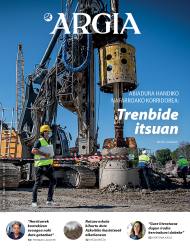


ilbeltza-(1).jpg)



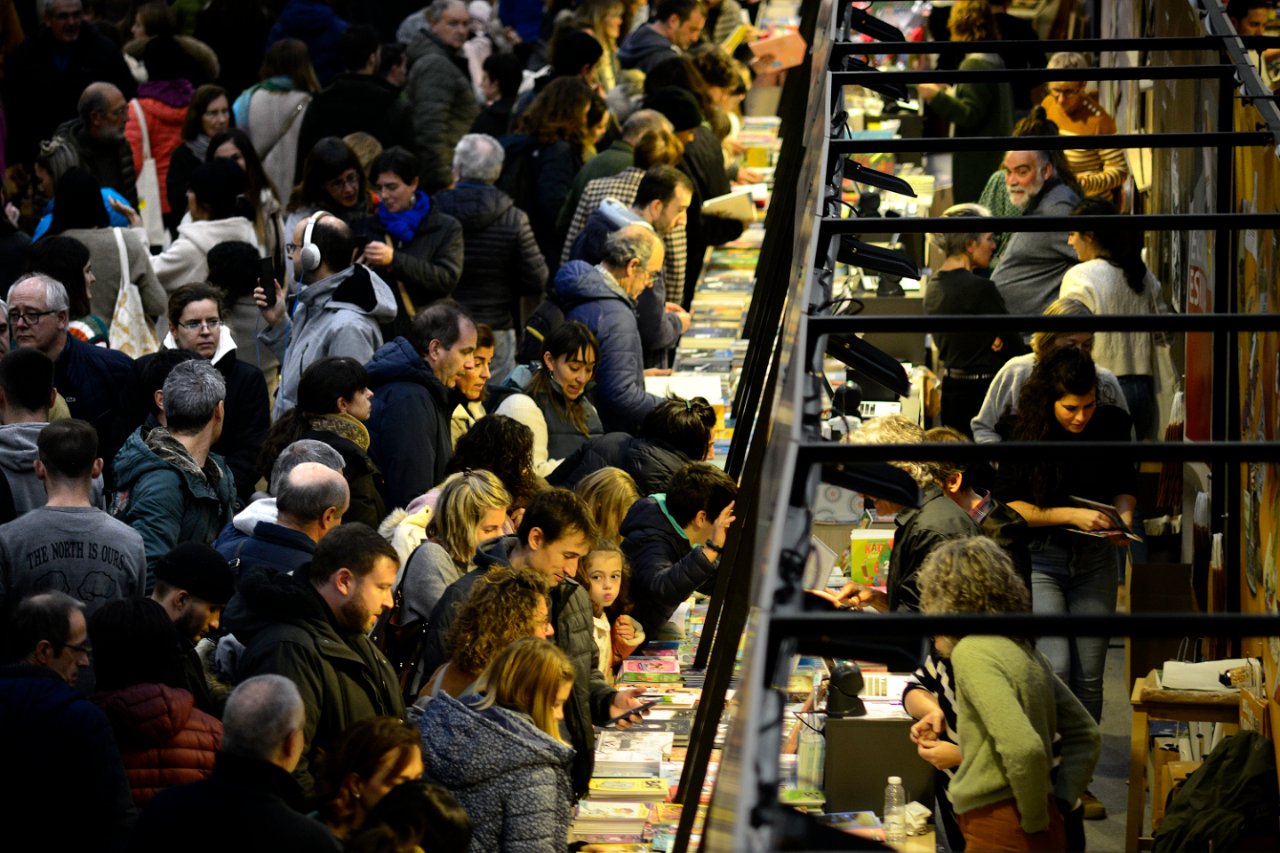


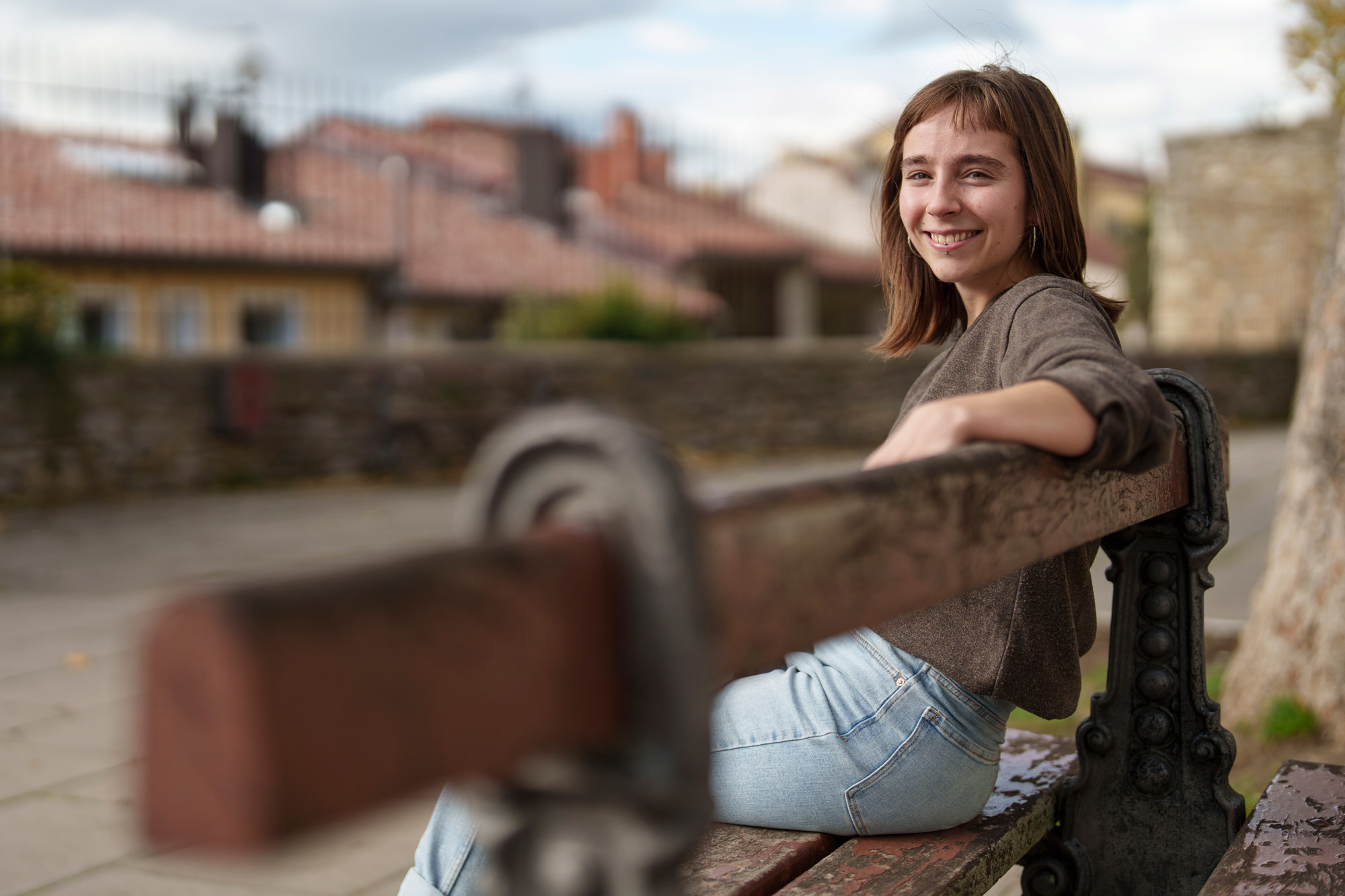
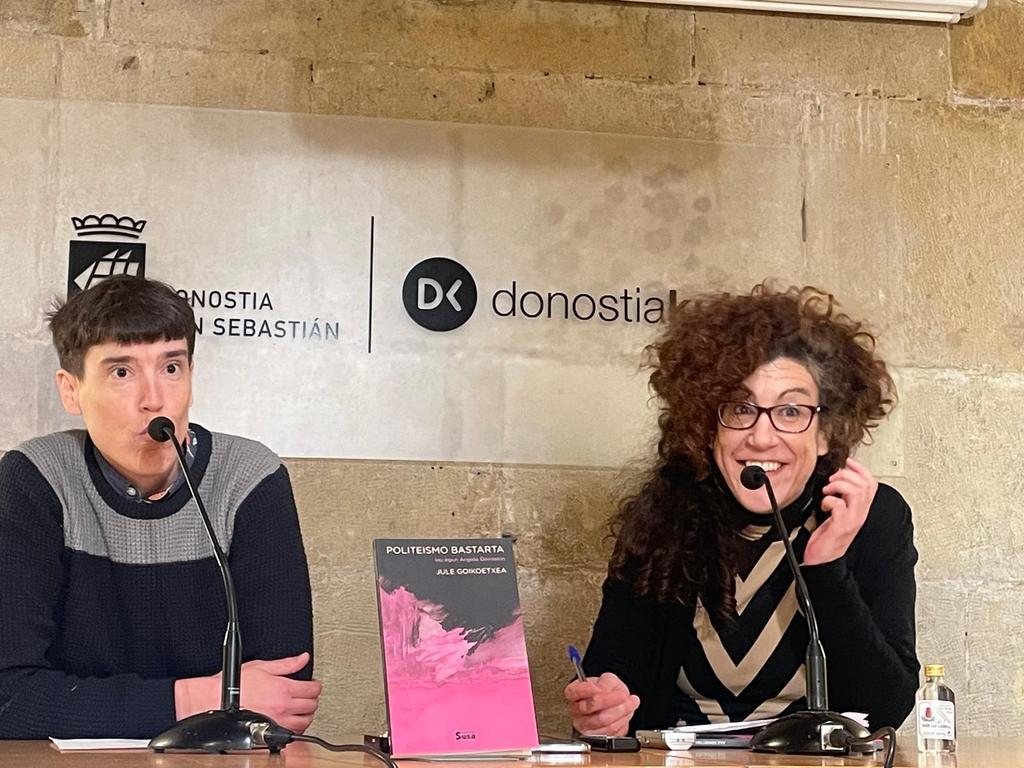

.jpeg)

